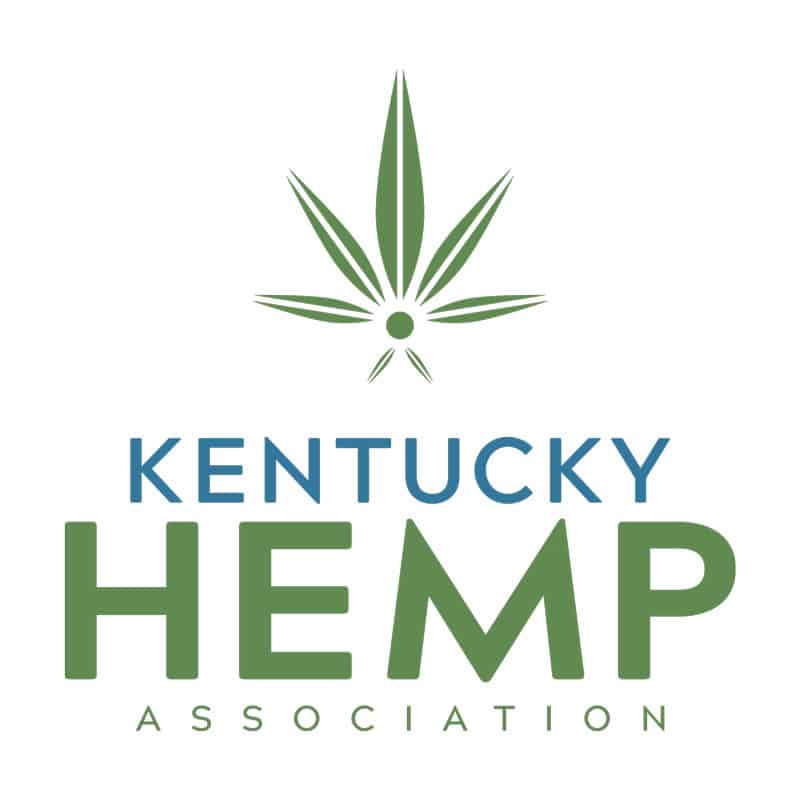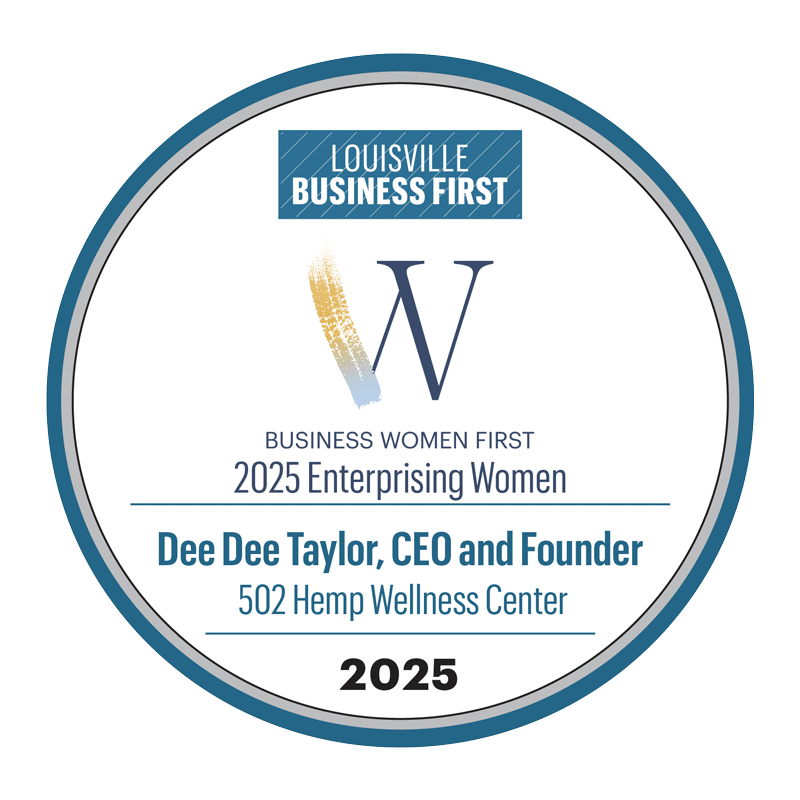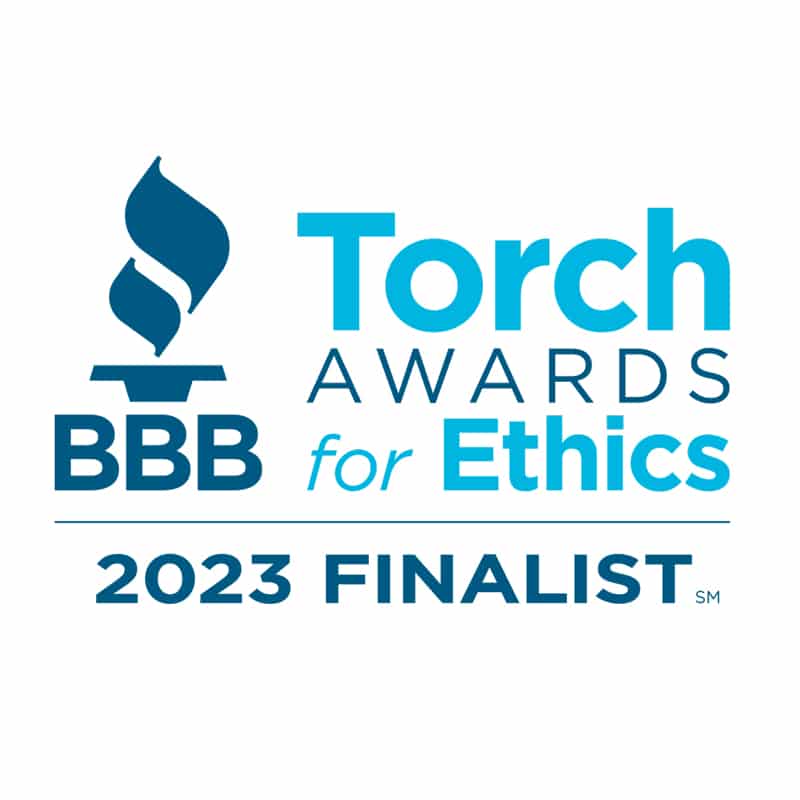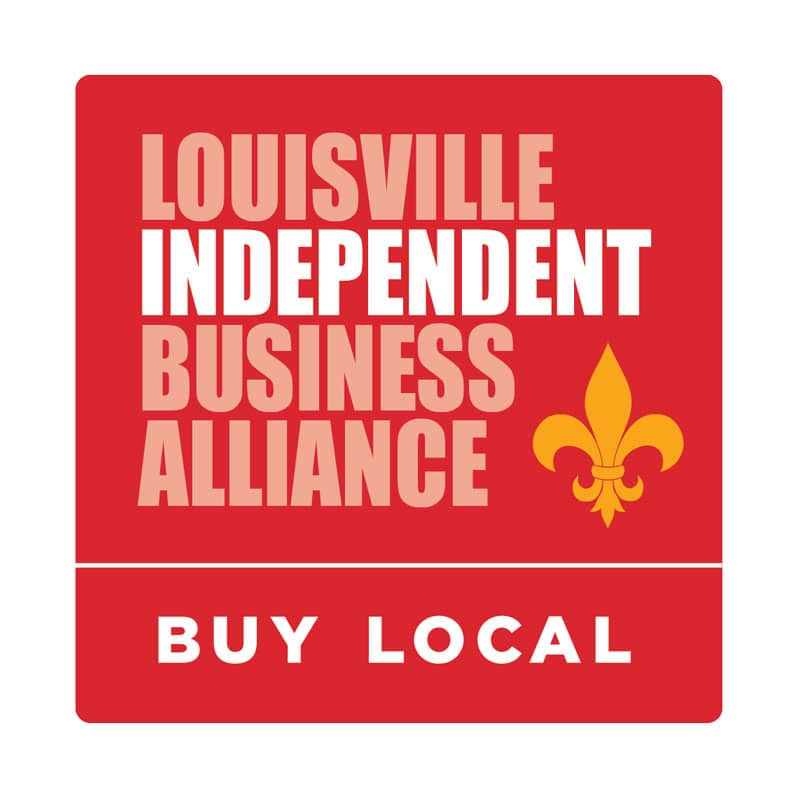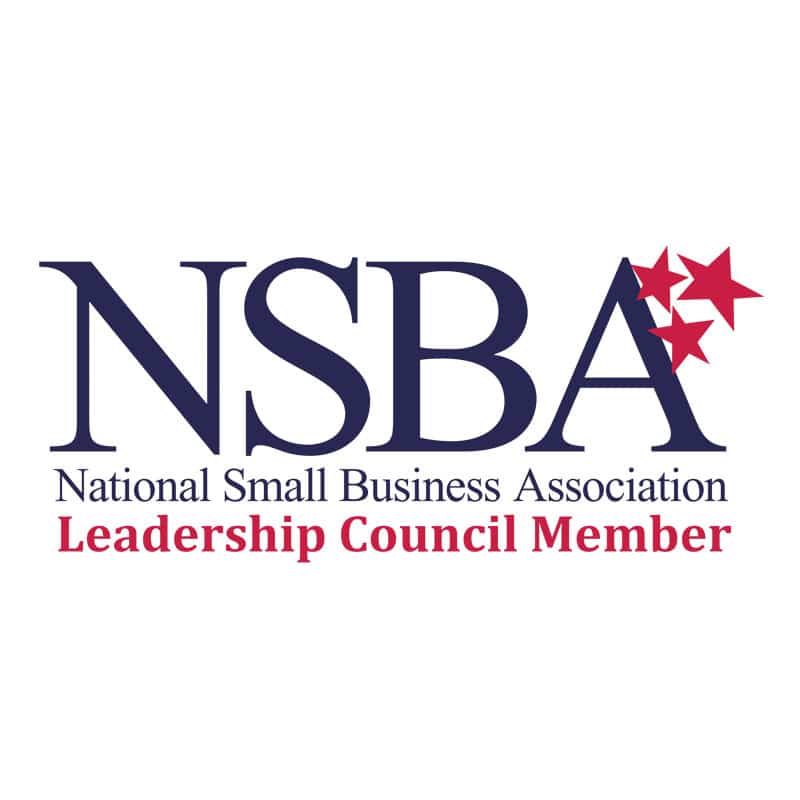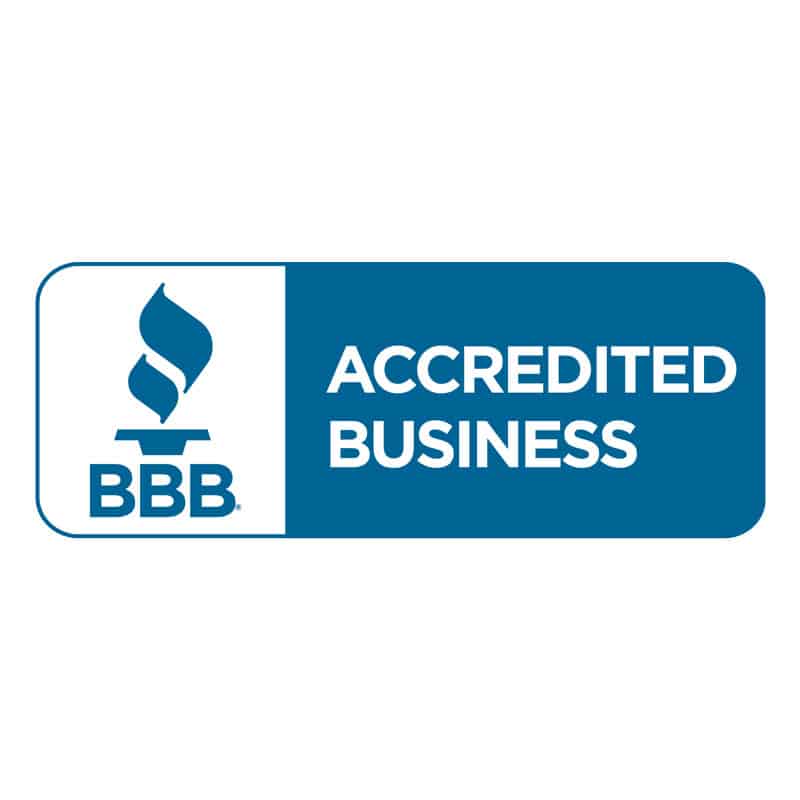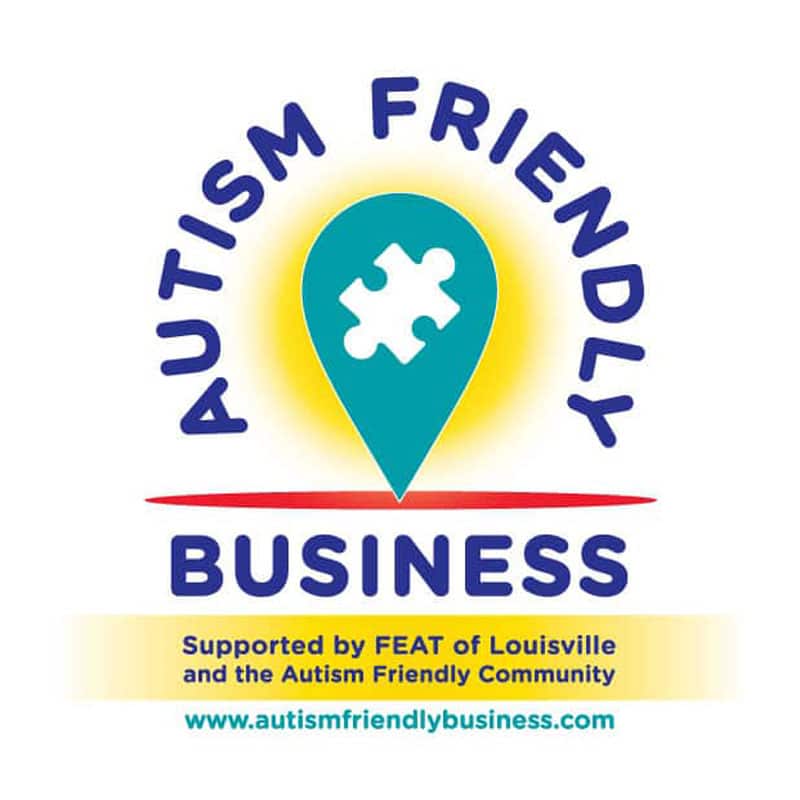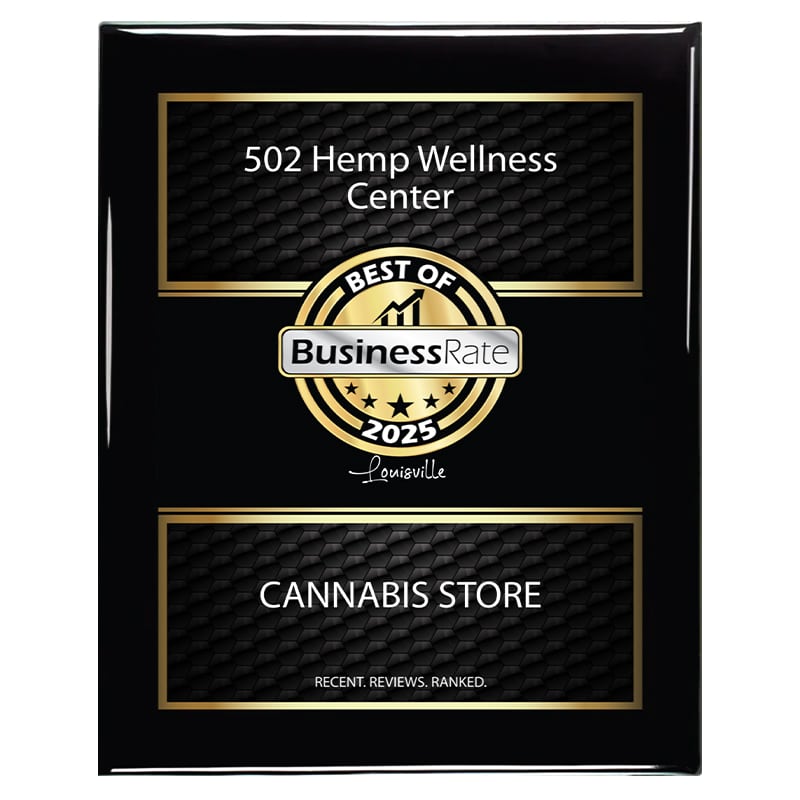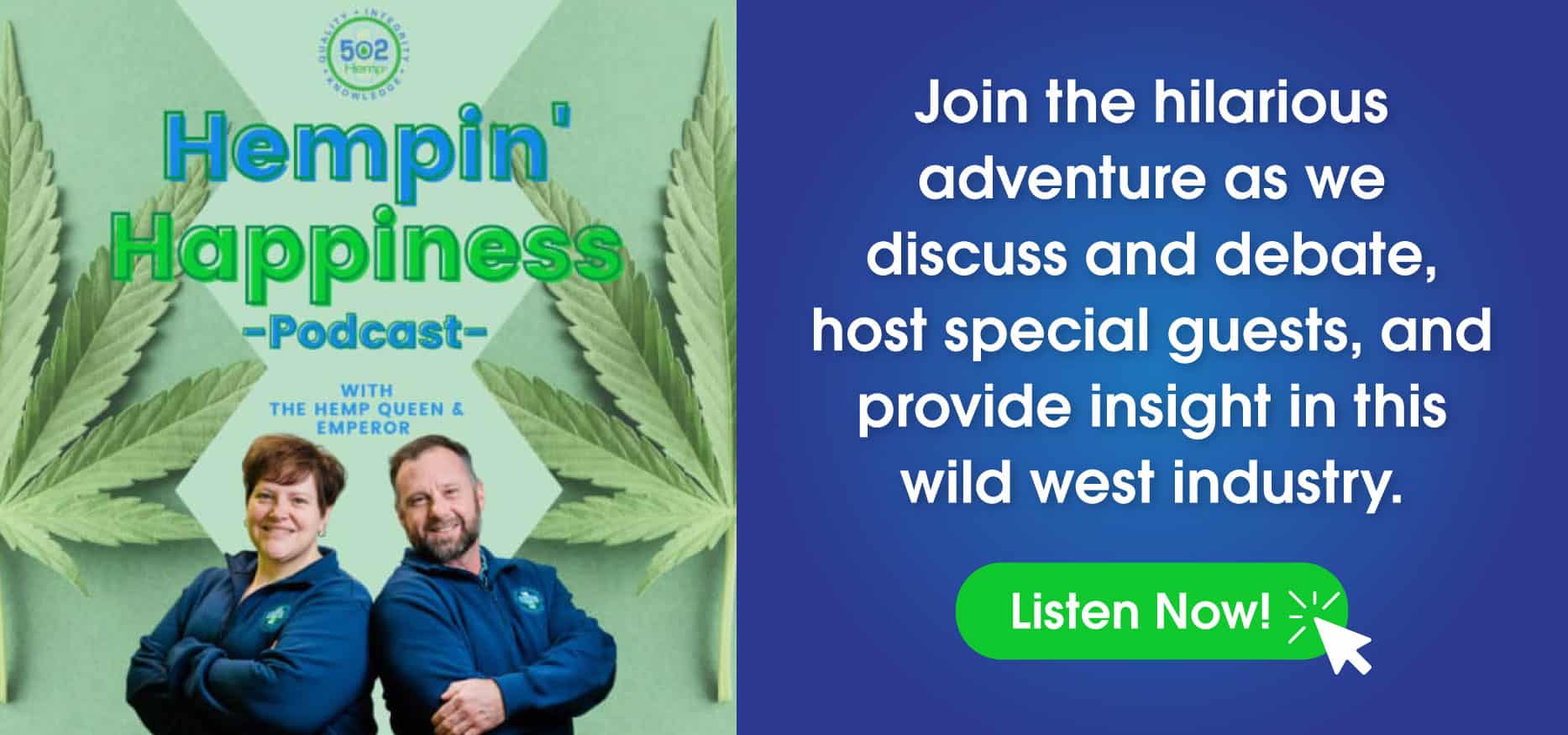
Read the Full Transcript
Introduction
Matt:
Hi, I’m Matt
Dee Dee:
And I’m Dee Dee. We are the hilarious outcome of opposing brains sharing a mutual desire to share knowledge and positivity when thinking about hemp and cannabis.
Matt:
We are here to tear down the walls built by big pharma and other big companies that seek to keep the human race and fear divided.
Dee Dee:
We are here to shatter the myths about hemp and cannabis and change the stigma of this amazing plant. Welcome to Hemp and Happiness with the hemp queen.
Matt:
And emperor.
Dee Dee:
Podcast. Join us as we venture into this misunderstood and the unknown
Welcome
Dee Dee:
Hey, y’all welcome. Welcome back to the podcast. Um, we got a, we got an awesome special guest and oh, I have to give lots of accolades cuz we’re all married to the man. So, uh, welcome John Taylor to the hemp and happiness podcast. So Matt and I are probably just gonna ask you a few little questions, but we’re mostly gonna let you take the stage. Um, keep in mind, you know, this is going live and people will hear this. So everything you say can and will be used against you boss.
John Taylor:
Okay. Okay. Well I’m certainly, I’m not afraid of that, but um, thank you. It’s nice to be here.
Matt:
It’s not like the pool.
John Taylor:
I appreciate you all.
Matt:
It’s not like the pool.
John Taylor:
I appreciate you all.
Matt:
Where, where, what happens when the pool stays in the pool? This is like for real recorded. Yeah. Not just for, you know, weekend entertainment.
John Taylor:
Okay. I’ll keep it. Well, Paul
Matt:
<laugh>
Dee Dee:
Yes, there you go. So, Hey, I’ll, I’ll get started with not
John Taylor:
To be here.
Dee Dee:
Good. I’m glad you’re here. Um, I’ll get started. Let me ask you, why why’d you pick him? Just give a little background.
John Taylor:
I didn’t pick him. Uh, I didn’t pick him. Uh, cam picked me, uh, I found out unfortunately what a grandma seizure was when I kept having them. And I kept fighting myself and uh, waking up in the ER or waking up with the police in my house or EMS or any number of things. Um, and the pharmaceutical drugs that I was given at the time just didn’t work. Um, it was always take two more of these or let’s try four more of those or, you know, this one’s new and it might work, but it’s not covered by insurance. So went through the whole litany of, um, you know, what is known as the healthcare system and it just, all it did was make things worse. So out of frustration and a couple of near fatal, uh, events, seizures, um, I took my health into my own hands and I reached out through the wonderful world of the internet and found somebody who, um, said they may have a solution. And that’s where I found, uh, CBD oil, specifically, uh, cannabis oil, those derived from a low THC variety of marijuana
Dee Dee:
Back in
John Taylor:
- Now for many people who still don’t don’t know cannabis is marijuana and cannabis is him.
Dee Dee:
Ah, it’s the same plant.
John Taylor:
It is, uh, cannabis sativa can be grown to either have high content of THC or low content of THC. And that’s what really differentiates him from marijuana. It’s the, uh, legal threshold for THC? Not that the plant is different. So, um, found a solution. It, it worked immediately. I actually went asymptomatic for, um, a little over four and a half years. I’m sure you’re correct.
Dee Dee:
On that day, five years,
John Taylor:
I beat you to the draw. So, uh, it was working, got off all of the pharmaceutical drugs. I got my life back in order paid off the medical debt. And during that time, uh, Kentucky had passed the hemp bill. Well, one thing led to another and I had the, uh, unfortunate ability to know how to produce, um, this product. We started, uh, Commonwealth extracts
Dee Dee:
Back in 2014. Been doing it for a while. Mm-hmm
Matt:
<affirmative> yeah. Mm-hmm <affirmative> that’s very interesting. So, John, you brought up an interesting question for me. You mentioned that you were using a strain of low level THC cannabis. Where do you see? I mean, and let’s, let’s put laws aside, let’s put regulations aside optimally with a mixture of cannabinoids. Where do you see the THC levels, optimally being for a medical benefit? In your opinion, mind you, we’re not giving any medical information here, no claims about CBD or, or cannabis for that matter. Just opinions.
John Taylor:
Well it’s, um, you know, that’s a good question. It’s hard to say what the answer is, because again, I’m not a doctor either. Um, but the medicine is the dose. That’s what people teach and most medicines are poison. And what makes it medicine is that the dose is right, because just like a Valium or a Xanax or an Oxycontin or any number of drugs will kill you. If you take too much, if you take too much THC, it’s not a pleasant experience. So, uh, for me, that’s a production model. So high THC marijuana, it makes the cost of producing THC lower high CBD cannabis, uh, makes the cost of producing CBD lower. So I I’m gonna leave the docking to the smart people. Um, but I know there, there is benefit. I think from a hand point of view, if we’re talking about regulatory, uh, 1% total THCA and THC only would give the farmers a lot more leeway and a lot more productivity that right now they currently don’t have.
John Taylor:
And there’s not really gonna make a bit of difference in terms of, um, whether or not people get high, cuz you don’t get on TC at that level. But you know, splitting a hair over fully decarb, non decarb, total TC at 0.3, zero versus 1% doesn’t make a bit of difference, just makes the farmer’s job harder. Um, that all comes down to cost direction. You know, really it’s a, my engineering mind is cost of goods oriented. So, uh, you know, if you need the THC output, it’s easier to have a high THC plant than it is to try to maximize or convert a low THC plant. You know, mother nature pretty much got it. Right. So, you know, whether it’s the lefthand, I’m trying to hold you up the left hand of the right hand. It, it still just a mix of cannabinoids.
Matt:
So
John Taylor:
Do you think not to made your question, Matt?
Matt:
No. That’s a great que and, and one thing, well, one thing that you brought up that, that I, I think is interesting is you said that if too, if you take too much, th THC it’s gonna be an unpleasant experience with anyone who’ve experimented with THC, you’ve, you’ve had this happen. Mm I’m not aware of anyone who’s died from taking too much
Dee Dee:
THC. I thought I was going to one
Matt:
Time. So you may feel like you are, but you don’t. And that’s a huge difference from taking something like too, too much of an opioid or too much of a muscle relaxer or something like that. Uh, as you said, John, uh, most medications are poison C B D cannabinoids, work with your body, not, uh, counter to your body, correct.
Dee Dee:
That’s
Matt:
Depending on the dose, that’s
Dee Dee:
The big difference in general?
John Taylor:
Well, and in, and unlike overdosing on vitamin C, if you overdose on THC, uh, there was a documented case of a college student who ate too many edibles in Denver and somehow fell out the balcony window of his hotel room from the 24th floor. Um, you know, it, it is an I toxicant. It does, there needs to be some levels of responsibility, but, you know, prohibiting or banning. Um, again, that’s not the way that you keep people safe, right? That’s not the way, the way ensure product quality. So I think there’s still gonna be a line in the sand eventually between hand base, low, uh, THC and what we call dispensary or, or medical cannabis or legal cannabis, um, where the potencies are much, much higher. So to me, it’d be the difference between buying a, a Chardonnay from the gas station. Whereas if you want, you know, 190 proof liquor, then you gotta go over to this store where, you know, they have a different Licens I, you know, perhaps something under that model. So it’s
Matt:
Hard to say speaking from purely a licensing perspective, I, I would agree with that. And another, you, you keep bringing these interesting segues in you. You mentioned that while THC could cause an accident, THC, isn’t the root cause of a death mm-hmm, um, which, which is a big difference. No, uh, the it’s there, there is no
John Taylor:
Overdose debated and no from the compound in itself. No, there’s been no documented evidence of any type of, um, you know, you might be in a coma like state for 36 hours, uh, scare your parents, uh, be put on an IV. Um, yeah, I, I, I joke, but again, that it’s better than you don’t need Narcan. This is a very serious subject in some cases where people don’t understand the power of an edible, right. And then by the time you’ve gotten done eaten the whole bag, um, you can’t UN ingest these compounds so
Dee Dee:
Well, and
John Taylor:
To me needs to be some level of responsibility,
Dee Dee:
Right? And to me it makes sense that you buy those from an established store, retail, whatever, and not just, you know, off the street, you don’t know what you’re getting. You don’t have someone there to guide you just be like, Hey man, go slow. Just go slow, just try eating a half a one. I, I think that’s kind of important to you. Well,
John Taylor:
The education is the education is always key and that’s, to me, one of the values of a dispensary, because it’s an interaction mm-hmm, <affirmative>, it’s an opportunity to ask some questions, get some answers, get an understanding rather than, Hey, there’s 15 people behind me in line. You know, everybody else needs gas, cigarettes, and beer also. Right. Um, you know, in, in a convenience market type setting. So yes, the intimacy that you all provide, um, certainly is an asset intimacy.
Dee Dee:
I’m good at
Matt:
That. You said intimacy <laugh> anyway, not to, not to dilute the conversation. Sorry, John. I couldn’t, I can’t help myself. Ugh. I need a recovery program. Anyway, one last question, because we’re going down the THC rabbit hole, mm-hmm <affirmative>, uh, the 0.3%. Do you think that that is truly put in place to protect people? Or do you think that that is in place to stop people from potentially not taking prescription medications like Xanax and, uh, well of opiates opioids?
John Taylor:
No, no, no, no. I, I don’t, I don’t think they’re related. I think, I think what the real issue is is that if you have to look at this historically, um, marijuana was prohibited 1937 with the, uh, implementation of the marijuana tax act, which effectively prohibited any cultivation of any hemp, any cannabis in any form, um, unless you had a tax stamp, which they didn’t issue. So they, it was rooted in, um, some racial, uh, discrimination against Hispanics and African Americans. It was also at the same time, William Randolph Hearst was perfecting some of the processes for bleaching paper mm-hmm <affirmative>. And so he was looking as paper pulp as a key competitor, and the only other competitor in the landscape was hemp. So there was some theories about why was the push for this at the same time in 1937 DuPont patented nylon mm-hmm <affirmative>.
John Taylor:
And at that time, the day and age of chemistry and the future, and, you know, um, we didn’t understand the harm that we were doing to our planet. Yeah. And the fact that fantastic nature had certain things, right? Cuz up until that time camp specifically Kentucky was known around the world as the best, the number one source of fiber for all sailing ships, all nautical, uh, use and had been grown for hundreds of years. So 1937 was a paradigm shift at the time the legislation came out and an arbitrary number was given of 0.3%. Coincidentally, they didn’t even have the ability to test down to 0.3%. They knew what THC was, but the analytical systems necessary to get to that level hadn’t even been developed yet. So pick a number. It sounds low. Let’s make it sound lower than that is the 3% is a 0.3. Is it a typo? We don’t know. Uh, can’t have it anyway. Under any circumstances within that law, there was an exemption for cannabis and that was hemp and hemp. As long as it was fiber in stock, uh, was allowed that this is where it gets tricky within the exemption. There was an exemption, it said you could grow hemp under the marijuana tax act, but you couldn’t collect a resin from the female flowers of the hemp plant.
John Taylor:
Now again, they knew what this shit did. Sorry. I don’t mean to cuss, but it’s okay. The farmers knew after they were done clipping and cutting at the end of the day, scrape the blade and low and behold, if you put that in your piped and smoked, it obviously has the same benefit as it does today. So mm-hmm,
Matt:
<affirmative> Mayard gene
John Taylor:
Crabs. Yeah, it was an arbitrary. Uh, I think it was an arbitrary number at the time. Um, now that we know a lot more about the levels of intoxication given concentration, you know, 1%, 1.5% total THC eight and THC Delta nine only, uh, would be more than sufficient to be able to ease concern at the farm. Uh, you know, I read a report that, uh, over two thirds of the crop in Colorado was destroyed and burned because it was above 0.30. Ouch. Um, you know that, that, that’s just we’re
Matt:
I’d like been that
John Taylor:
Bomb has legal marijuana for sale. Yeah.
Matt:
But that’s such a shame.
John Taylor:
I mean, in a state that has legal marijuana for sale. Well, think about this in the state. You can get off the plane, take a limo to airport dispensary. Mm Uhhuh. 10 minutes from DIA. And you know that well by marijuana,
Matt:
John rides in a limo, that’s the key point to this story?
John Taylor:
Don’t need the area. I was, it was a research project. Okay.
Matt:
Let’s not even, I need to roll with you, John freaking getting off the plane, getting in limo, ETF, dispensaries, bro. Ben Reese, bro. WTF, come off.
John Taylor:
I put on my fur coat and my big fedora that’s glitery and they just know I’m coming. The carpet rolls out. Oh like, wow. He is here.
Dee Dee:
We
Matt:
Need to hang out more. That’s it’s done. This is done. <laugh>
John Taylor:
I’m telling you check one hat here. You just don’t know. Yes,
Dee Dee:
No, but you make, you make a really good point. The fact that those farmers, a legal state that grows marijuana sells marijuana, but heaven forbid their hemp crop was over 0.3% and it got destroyed. That’s a lot of money that those farmers lost out on
John Taylor:
0.3, zero. Oh it’s tens and tens of millions of dollars.
Dee Dee:
Yeah. That’s a shame. Mm-hmm <affirmative> I mean, it’s happened here in Kentucky too.
John Taylor:
So it has, we, our, our state is one of the most restrictive in the country. Uh, they help write the law that became the federal farm, the federal guidelines, which is total THC. Right? When we began in the program, you could have a plant like our CBD B R X cherry that at most, it might be 0.4 0.5 total THC. But at the time, the majority of that 90% of it was in THCA. So our Delta nine THC would be 0.1 G the, um, THCA would be 0.3 0.4. So when you de you know, decarb that all of a sudden, uh, low and behold, when you out total THC, that plant’s illegal. Mm-hmm <affirmative>. And to me, all that does is hurt productivity. If we’re growing CBD, you know, these fractions of a percent are arbitrary to begin with. They’re not gonna make a difference in terms of an intoxicating factor.
Dee Dee:
Wait a minute, sir.
John Taylor:
And now that we know what we know about converting,
Dee Dee:
So you mean to tell me that they take a cannabinoid and convert it into other cannabinoid and that’s okay. But when you, well, yes, the paradox C the paradox Delta eight. That’s not okay. Sorry.
Matt:
Box disclosure.
John Taylor:
Again, it, it started with, it’s an arbitrary
Matt:
Continue, John, it’s
John Taylor:
An arbitrary decision based on one interpretation of the law. If all cannabinoids are legal, they shouldn’t be a problem. And yes, you heard me, right. That when Kentucky department of agriculture tests, our samples, the process that they click the plant through is called Decar ization. So what that means is that they put the sample in a valve with ethanol and they heat it up and they add 185 degree Celsius, and they convert all of the THCA into THC by a chemical conversion process called Decar ization. And so what they do is they have determined that they, they want to have the THC potential fully quantify fully quantified on a test report. And so, yes, if we’re looking at well, uh, hi, Mr. Pop, my name’s kettle. Nice to meet you over here on this other side of the fence, we have this other legal issue that says converting molecules is somehow synthetic and not natural.
John Taylor:
And that somehow those are bad as opposed to naturally deriving good. The law simply says, all cannabinoids have been legalized as long as the Delta nine is not more than 0.3% correct. And this new proposed legislation in one 70 combines all of the ancillary cannabinoids into a total I’m off here, total THC, um, which would be 1%. So a proposed 1% law, unfortunately includes all of those other cannabinoids, which makes all of the extracts illegal. So I don’t think they quite know what to do with this legislative nightmare. They’ve gotten themselves into other than to say we’ve lost. We’re so sorry, have wasted hundreds of millions of dollars in capital. Um, and we’ll try to stay all the way from now one, but I’m not holding my breath on that one. This is being recorded, right? Cuz I wanna make sure everybody hears that.
Dee Dee:
Yes, it, I can repeat myself. It
Matt:
Is. Yes. Mm-hmm. <affirmative> dually noted. Dually noted. Mm-hmm <affirmative> and you know, it’s a learning experience. We’re all learning it.
John Taylor:
It’s been very unfortunate and disappointing to watch some of the, uh, wasted needless. Um, what’s not needless, it’s a lot of farmers, income equity, a lot of processors win bankrupt, both morally, uh, sound companies, as well as immoral companies. What’s happened to both as a result of some of these, uh, again, they’re, they’re perpetuating the arbitrary number of 0.3 and then adding to that and combining that in a way that just, just pushes business out of our state. That’s all it really does. Doesn’t stop anything.
Matt:
So what would you recommend to change this, John?
John Taylor:
Um, well, if we were talking from a managerial point of view, which is kind of where my background’s from, um, I think it’s for time for a change of administration, I think that, uh,
Dee Dee:
We need to move
Matt:
Programs. So, so for the average citizen, the average consumer.
John Taylor:
Oh yeah, yeah, yeah. I mean, I think as far as most consumers out there that, um,
Matt:
I did
John Taylor:
Air quotes, unfortunately, Kentucky, I, I don’t wanna be a skeptic and I know the session is still going. Um, but I’ve watched the same bill fail in Kentucky for years now. And all the while, you know, I’m a, I’m a pragmatist, I’m a conservative, uh, you know, fiscally minded business leader. Colorado had $2 billion in tax surplus, sitting in their coffers. They can’t, there’s not enough cranes in Denver right now. They can’t build enough light real programs. It’s obscene how much money they have Illinois while the program’s a little corrupt and it’s, Monopoli billions of dollars in revenue for this state. Why are we gonna be last?
Matt:
So what do we, what, what can we
John Taylor:
Do? You know, what’s what we do is if, if people were to, um, we need to be known worldwide for five things, we’re already known for four. You know what? They are traveler Matt. You’ve been all around. Um, your favorite Kentucky fried chicken. Yes. Kentucky fried chicken. We’ve got tobacco. Mm-hmm <affirmative> we’ve got thorough breads mm-hmm
Dee Dee:
<affirmative>
John Taylor:
And we’ve got bourbon mm-hmm <affirmative> yes. Why not be known for the world source of cannabis
Dee Dee:
And hemp agreed
John Taylor:
Cannabis. I’m just gonna use the word broadly because I think it should include both.
Dee Dee:
It does. I agree.
John Taylor:
We, we are, we are clinging on to 1930 to 1950 mindset and this country does not go backwards. 38 states are not going to criminalize this program. I, I mean, for anybody that says it’s not gonna happen, uh, well you don’t have to partake in it, but the nation has changed. Our values have shifted and let’s put the money towards, I don’t know, ending a fentanyl crisis or other drugs that hurt people. Let’s put the money where it belongs. Why not have Kentucky be a, a agricultural base
Dee Dee:
For
John Taylor:
Mm-hmm <affirmative>
Dee Dee:
Yeah. Do you
John Taylor:
Think’s that’s kind of what I see in, in advocating for your legislators. Go ahead. I’m sorry.
Dee Dee:
No, sorry. Uh, do you think that, um, by making, you know, the whole, the whole premise is that it’s a gateway drug, that’s what they’ve always said for all these years. Do you truly believe that cannabis is a gateway drug?
John Taylor:
I am. Uh, I’m gonna go back to the Nancy Reagan, uh, dare classes. Mm-hmm <affirmative> I was, uh, I think 12 or 13 years old, you know, the McGruff dog came out. Mm-hmm <affirmative> bunch of people with a bunch of t-shirts. We all got one mm-hmm <affirmative> just say no. Um, there’s no doubt that there’s drugs and that people sometimes get involved in them inadvertently. Um, I would consider in today’s day and age gateway drug to be more like, um, or another pharmaceutical compound prescribed by a doctor. Um, that’s where I see most of what I’ve seen as the heroin epidemic. That’s where that’s rooted. Um, no, I wouldn’t. I think if people want to throw away their life and get high, you can pain. Um, you know, if, if it doesn’t matter what drug you’re doing, then any drug will do. Um, so you hit most states that have marijuana programs have seen a decline in drug use among youth is, is a matter of statistics.
Matt:
And you hit on a really interesting point there, John, when you get into the whole dare thing, uh, you’re what you’re really describing is the homogenization of our society and the desire to make everything standardized, declaring war on things as our claim to fame, which every single time we declare war on something, it goes to shit. Mm-hmm <affirmative> I, I mean,
Dee Dee:
Didn’t know what those drugs were until they
Matt:
Brought ’em in. Whenever you hear, we’re gonna declare war on this, it’s gonna be fucked up. Uh, you said the, I know, but you know what? It, it really bothers me. Um, and, and, and I think that that’s important to say, and it’s interesting that it came from the, the conversation of, of a gateway drug. And then that leads into another thing that, that you mentioned about communicating with your legislators. Critical thinking is so absent. And I know I’m a broken record with this, but thinking for yourself, and then letting your legislators know, you’re thinking for yourself, you wanna see change and inspiring others to do the same is what is, is one, in my opinion is the only way that, that it’s gonna make a difference, cuz you’re not gonna compete with the billion dollar companies that are holding this down. The only way that we can make a difference is by exposing those billion dollar companies and being individuals with our own minds and our own thoughts and saying, this is what we want. This is what, why we want it. And we’re at a day and age where we should have that.
Dee Dee:
Oh, absolutely. There’s no question about that. It is high. It is high time that Kentucky gets with the program. Well, not be the
Matt:
Mecca. It’s not just Kentucky is no, but everywhere in our society, it’s global at this point, nobody wants to think they want the information spoon fed into their mouths so they can just simply digestion and move on. And I’m sorry, I’m not trying to get all serious, but it’s a hot
Dee Dee:
Soapbox.
John Taylor:
It well, but you know, redirecting it back to, you know, gateway, gateway drugs, you know, let, let, let’s use a different strategy to look at this. Let’s say that, uh, let’s say that for some reason, uh, the pop population, percentage of the population decided that smoking corn co was fashionable. It was chic. It was the latest thing that you take a piece of corn husk or other, you know, biological benign matter and you light it and you inhale it and you smoke it. Um, would that be made illegal,
Matt:
Smoking bad?
John Taylor:
<laugh> well, I’m not saying it’s not, but we have plenty of people who have the right to smoke and they smoke a lot of tobacco. Yes. And that’s called your right as an American and it’s sold on every corner. And the Supreme court ruled that even though it’ll kill you, you have a right to buy it and consume it. So let’s take that parody and apply it to a portion of the implant. That’s now been decriminalized it’s off the controlled substance act. But in the state of Kentucky, the farmer can’t benefit from the very tip of the plant and sell that as its own commodity because people wanna smoke. Right. It doesn’t get you high. It’s not other than it might confuse law enforcement. It probably smells like marijuana. It
Dee Dee:
Smells just like it, man.
John Taylor:
But it’s, but it’s not. So if, if you use the analogies that we have within our society about, well, it might be unhealthy. Well that doesn’t apply. Cuz we have tobacco and that kills quarter million people here mm-hmm <affirmative> well, uh, you know, we, we don’t, we don’t wanna be able to smoke. Well again, that’s not what the Supreme court says that you have a right to do, even if it’s harming your body, that’s your, that’s your choice. That is free choice. Yeah. So if you apply the parody of a corn co to this, again, the people are gonna smoke what they wanna smoke. Yeah. But unfortunately commerce in our state is driving business in Kentucky. I’m sorry is driving com uh, activity in Tennessee because retailers like yourselves are the great 5 0 2 brand. Try to get a plug in there. Thank you have to have an outlet. Your consumers are telling you what they want to buy. Commerce is good activities happening. And unfortunately you can’t give that money to a farmer in Christian county.
Matt:
Yep. Well, and yes. And
John Taylor:
I think that’s just that that’s, that’s what I see. Unfortunately
Matt:
I agree. And that’s because that they, they want these companies that have the money, want to control what you can consume so that you’re consuming their product cuz they have the money and they don’t view you as an individual. They in, they view you as a consumer. So using, I think it’s apropo that you use the term consumer because that’s how a lot of these people, and I’m not single. I, I mean, I, I’m not gonna single out one company or one group or, or one industry being viewed as a consumer is wrong. You need to be viewed as an individual with your own thoughts and your own opinions. And those should matter when you decide what you do and don’t want to consume. Tobacco’s a perfect example. I mean, how, how, what, what would the insurance cost be if people didn’t smoke anymore and there was no more lung cancer, uh, I guarantee you, there, there would be a difference. Uh, but it’s still legal. Um,
John Taylor:
John knows should the, should the, non-smoker pay the rate of the smoker, right? I think that’s, again, if you want an individual choice, you have an individual consequence and responsibility.
Matt:
We could have a whole show on that. Oh my gosh. And just get back. Let’s not get back on the track here <laugh> but really, but it’s, it’s just, it boils down to the same thing of your voice as an individual is only your voice as an individual, your voice with others who, who are likeminded, who wanna see change will make a difference. And it doesn’t matter how much money they have. You can’t hold back the truth forever.
Dee Dee:
No, that’s why I’m such a big
Matt:
Advocate. We, you know, on
Dee Dee:
This industry and everything else,
Matt:
If there’s anything to, to, to take from, from John’s words, it’s not, it’s, it’s only doom and gloom. If we decide it’s doom and gloom and we’re no better than the consumers that they believe we are
Dee Dee:
Agreed.
Matt:
If we step up and say, we don’t want this, we want to make a change. This is what we want and demand to be heard, but we will be heard.
Dee Dee:
I agree with that. So as many of you may know or not know John is my husband and he, and I kinda started out in this amazing journey together. Um, it definitely has not been easy. We have worked our asses off to get where we are today and we continue to work our asses off to keep this industry going and doing the things that we love to do. And that’s helping others with amazing quality products. And I will give him a lot of credit and his team credit. They make personally, I think they make the best products in the state. And I’ll always say that and I’ll always carry their products because not just because he is my husband’s husband, but because of the regulations that he has in place and the fact that he is audit certified CGMP, that is so important to us and to the consumer.
Dee Dee:
And most people don’t realize that even though this is a new industry, there are regulations already in place that real upstanding outstanding companies actually follow. And that’s important and that’s important to the consumer and for them to ban some cannabinoids from being not being made here in Kentucky, then you’re putting it on the black market. You don’t know how anything’s made. If you’ve got a good, outstanding company that is already regulated itself and follows every single guideline there is and is audit certified in that those guidelines that’s important. That’s who I’d wanna buy my products from well, knowing that they’re, it’s better quality,
Matt:
But I don’t, I don’t, I disagree that a company should be self-regulated. I think that it’s great that uh, these rapid reputable companies, including John’s choose to self-regulate correct. I do think that there needs to be regulation in place and I think it needs to be upheld because that way, if you don’t, then it’s no better than buying it on the street. Because as a consumer, these companies are gonna make anything that they think you’ll consume at the lowest price they can possibly make.
Dee Dee:
You know, that’s just in our state. Right? What most of the other states have more regulations as far as what can, what companies can and can’t do. I mean, even Florida, for instance, they have their own set of rules on what should be put on the labels. Exact, I mean, exact,
Matt:
Well, you know what? It’s a work in progress. It is. There’s no point in getting in the, into the minutia.
Dee Dee:
No, cause we’ll be up shit chatty on here all day. And I know he’s got work to do. And you
Matt:
Do too. Yeah. Yeah. I already see him checking his text messages. You should flash now
Speaker 4:
Funny
Dee Dee:
About this, cuz I’m not flashing anything
Speaker 4:
And I’m trying to
Matt:
Be, I’ll show you John.
Dee Dee:
Oh no please. Oh, Jesus. We have a,
Matt:
That was for you buddy.
John Taylor:
We had a,
Dee Dee:
Uh, mark, this explicit
John Taylor:
Ups just lost 18 boxes of, uh, product for a client. So, oh again, that’s just a
Dee Dee:
Good luck with that one.
John Taylor:
See piece have
Dee Dee:
Hair. Yeah. Yeah, you
Matt:
Did. We’ll let you, we’ll let you get back to that. I think we’ve taken it over your time. No, no,
John Taylor:
No, no, no. You’re not, not at all. It’s just so sorry a little
Dee Dee:
Bit. Thank thank
John Taylor:
You. The red flag over here.
Dee Dee:
Thank you for coming though. We appreciate your time for sure. Yes.
John Taylor:
Yes. Now listen, y’all keep doing the work you’re doing. I’ll keep doing what I’ve done and yes, as you said, work in progress. Um, you, I, again, let’s keep progressing forward. Let’s not keep progressing backwards to, you know, the, the days of old, which in, in cannabis has just been so misplaced. Yeah. Yeah. Um, let’s put all that energy and effort to things that are good. Let’s keep products safe for people. Um, and yes, cheaper is not better. You said the most important thing. It costs a lot of money to produce products in clean sanitary and safe facility. That is a robust food safety program has to plan. Uh, we’re very proud of what we do. Uh, we find it hard to compete with some of the lower price competitors, but they don’t have the safety protocols that we do. They don’t do the testing that we do.
John Taylor:
Um, and all of that has a cost. So again, we love working with great retailers like you. Um, you certainly do your best for your clientele and making sure that you have, uh, all the best products from all of your vendors, not just myself. Correct. Um, and so again, it’s just a, it’s a better way of doing things. I think consumers are gonna be more demanding as they become more educated and, and yes, this is the same way we’ve been doing this for, uh, uh, quite a long time now coming up on a decade. Oh
Dee Dee:
My gosh, we’re getting old.
Matt:
The, the, the hemp voice is getting louder and louder because the demand is, is there. And, and it can’t be denied. Uh, it’s too strong. I think you’ve, I’ve heard you use the term, uh, Pandora’s box has been opened. And while I don’t agree with whole Pandora’s box thing, cuz I don’t think it’s a bad thing. I, I agree with you. I, I, I think that now that this has started, it can’t be stopped, right? No matter how many billions people want to throw at it, it, it, it it’s unstoppable. Mm-hmm <affirmative> because it’s too logical. It makes too much sense.
Dee Dee:
Exactly. And, and with
John Taylor:
That, well that now just comes down to the money, you know, it’s uh, unfortunately,
Matt:
Well, and that, that we have to be patient. We do. That’s all we can do. Thanks.
Dee Dee:
Thanks again for being on with us today. I appreciate you as always, no
John Taylor:
Appreciate what you are doing. Keep it up and uh, let me know how else I can
Dee Dee:
Help. Absolutely. Thank you.
Matt:
Thanks, Sean.
John Taylor:
All right. See you guys. Bye.
Dee Dee:
Thanks for joining us for another episode of hemp and happiness with the hemp
Matt:
Queen and emperor.
Dee Dee:
Keep your mind ever open and expanding, like subscribe, review, follow us all the good stuff and
Matt:
Keep it. He out there.





